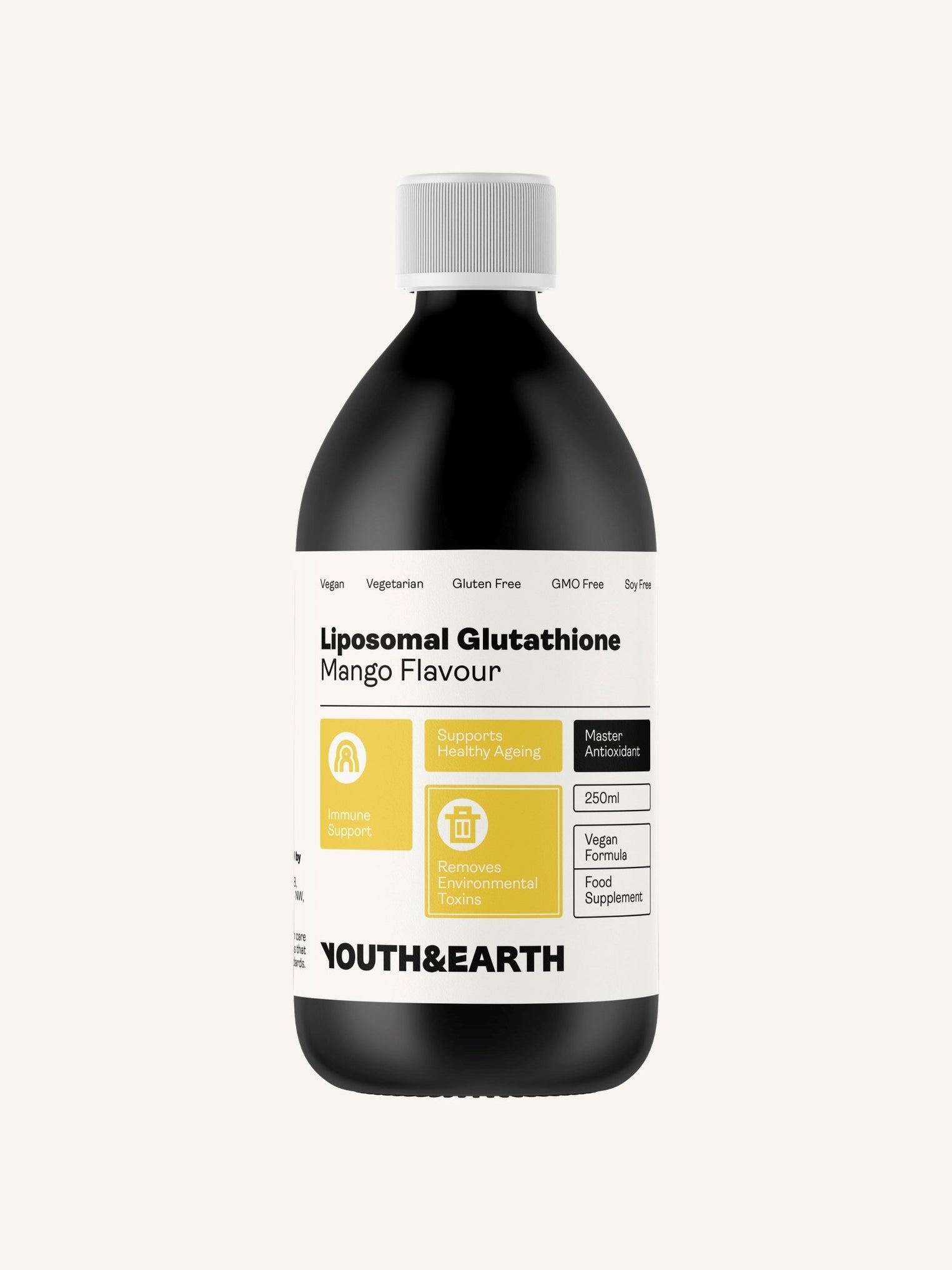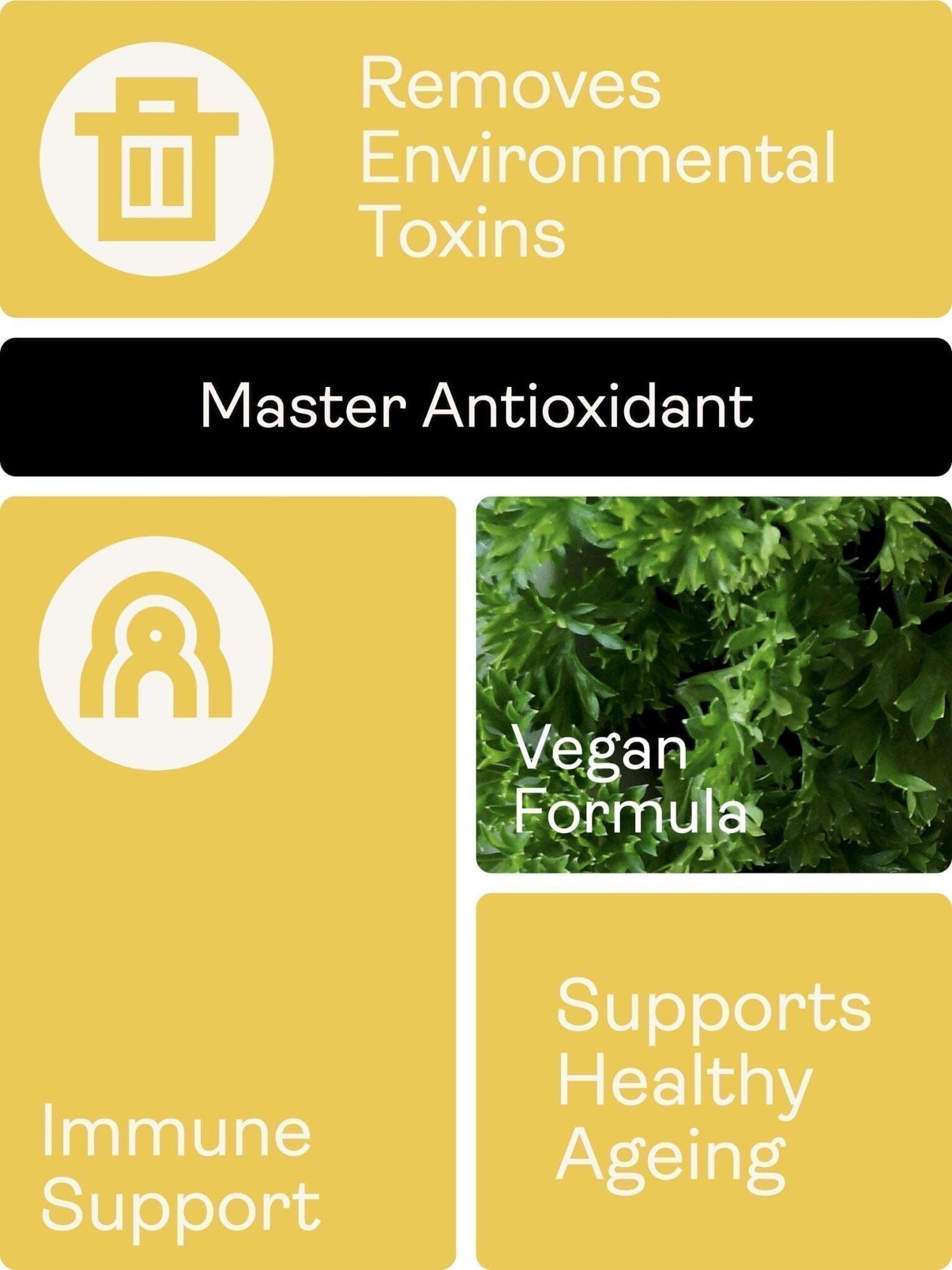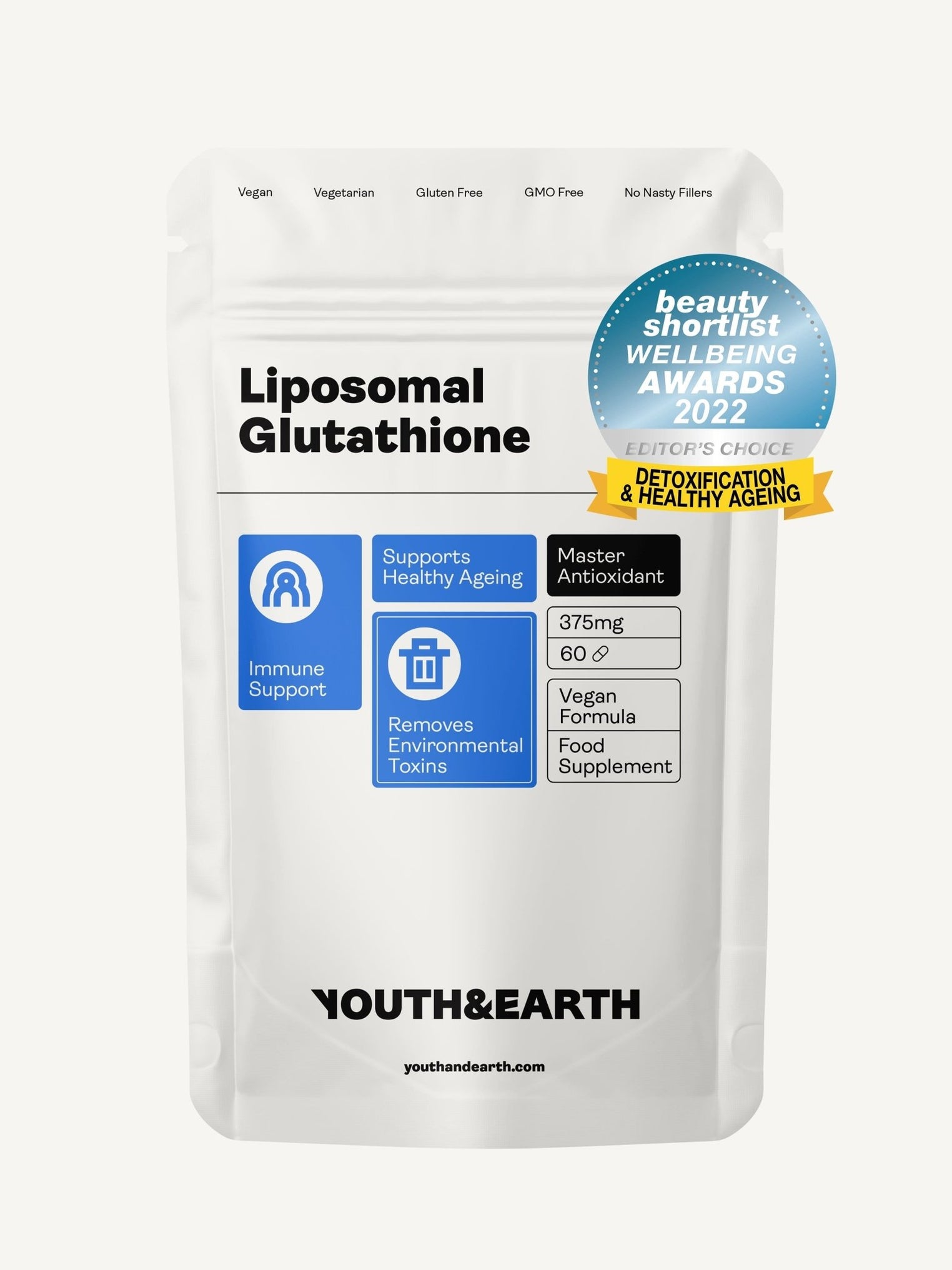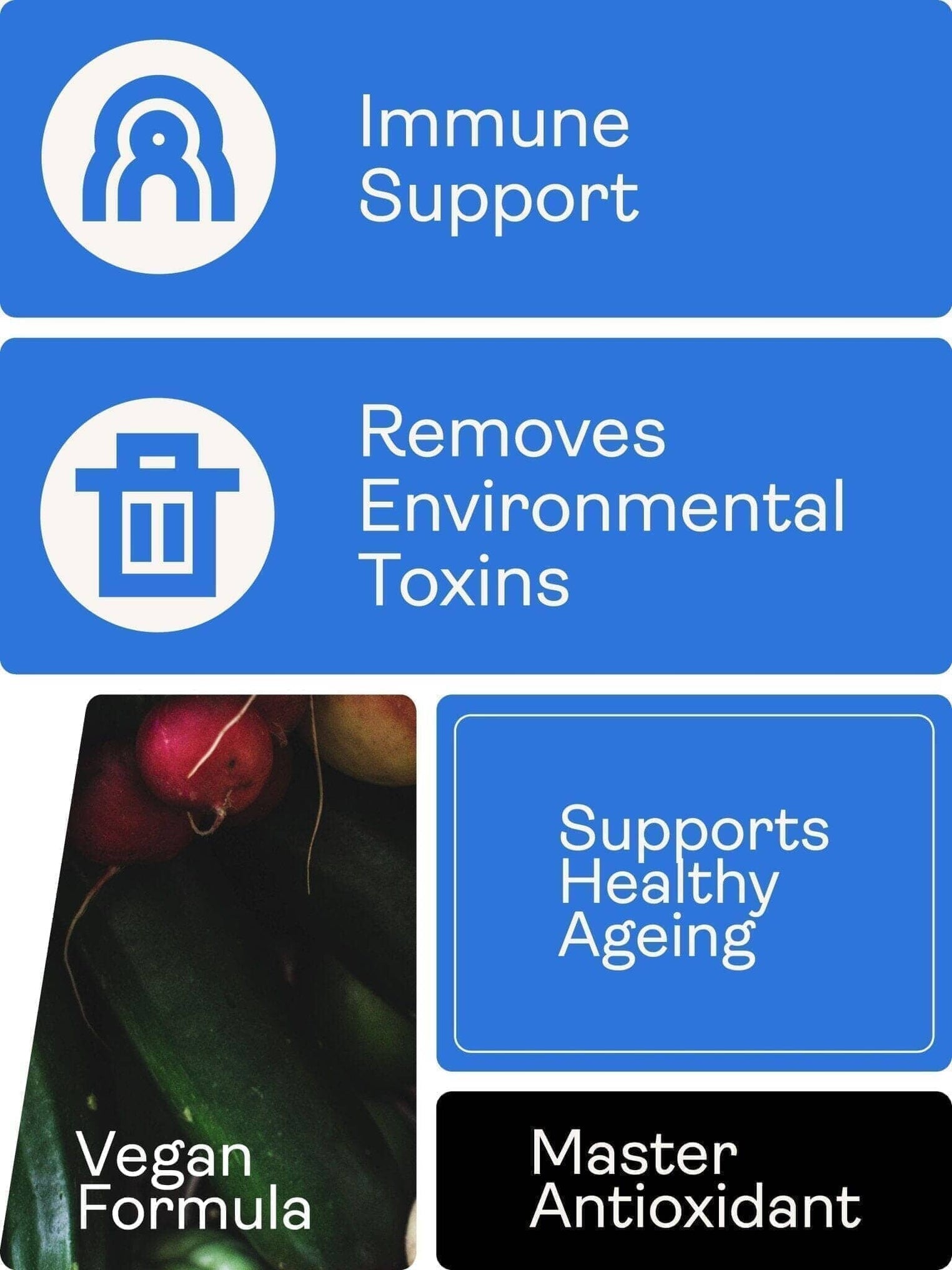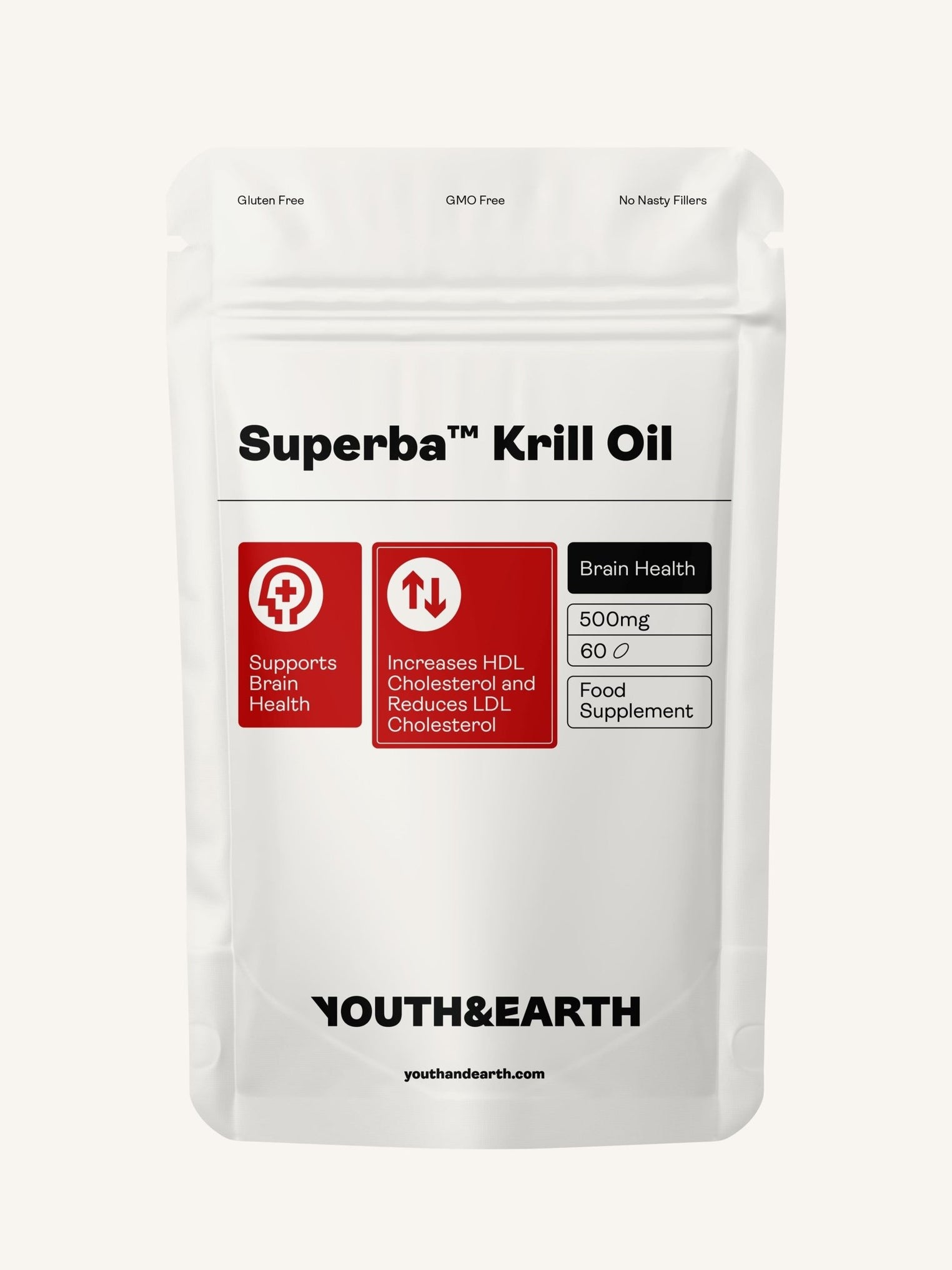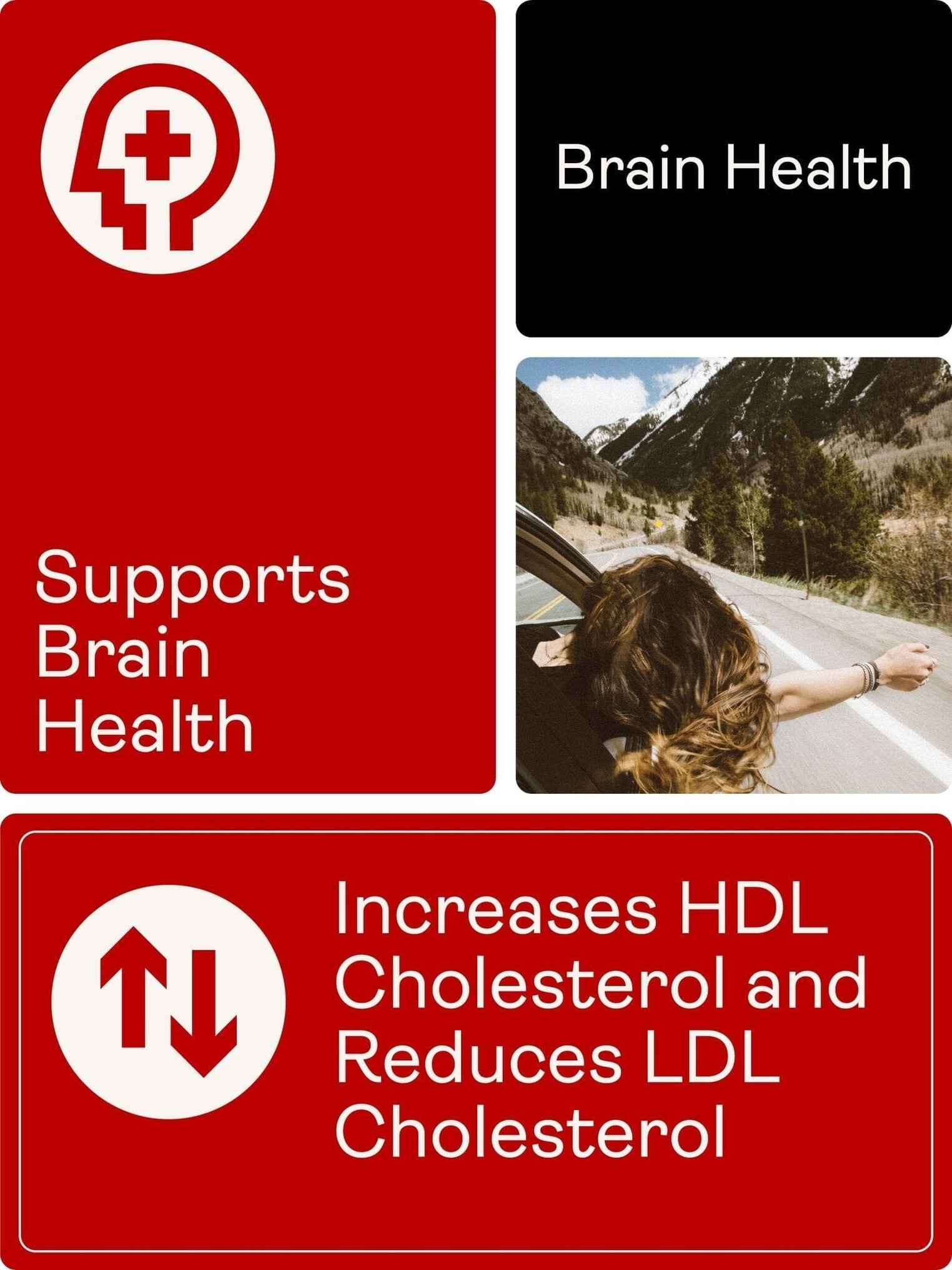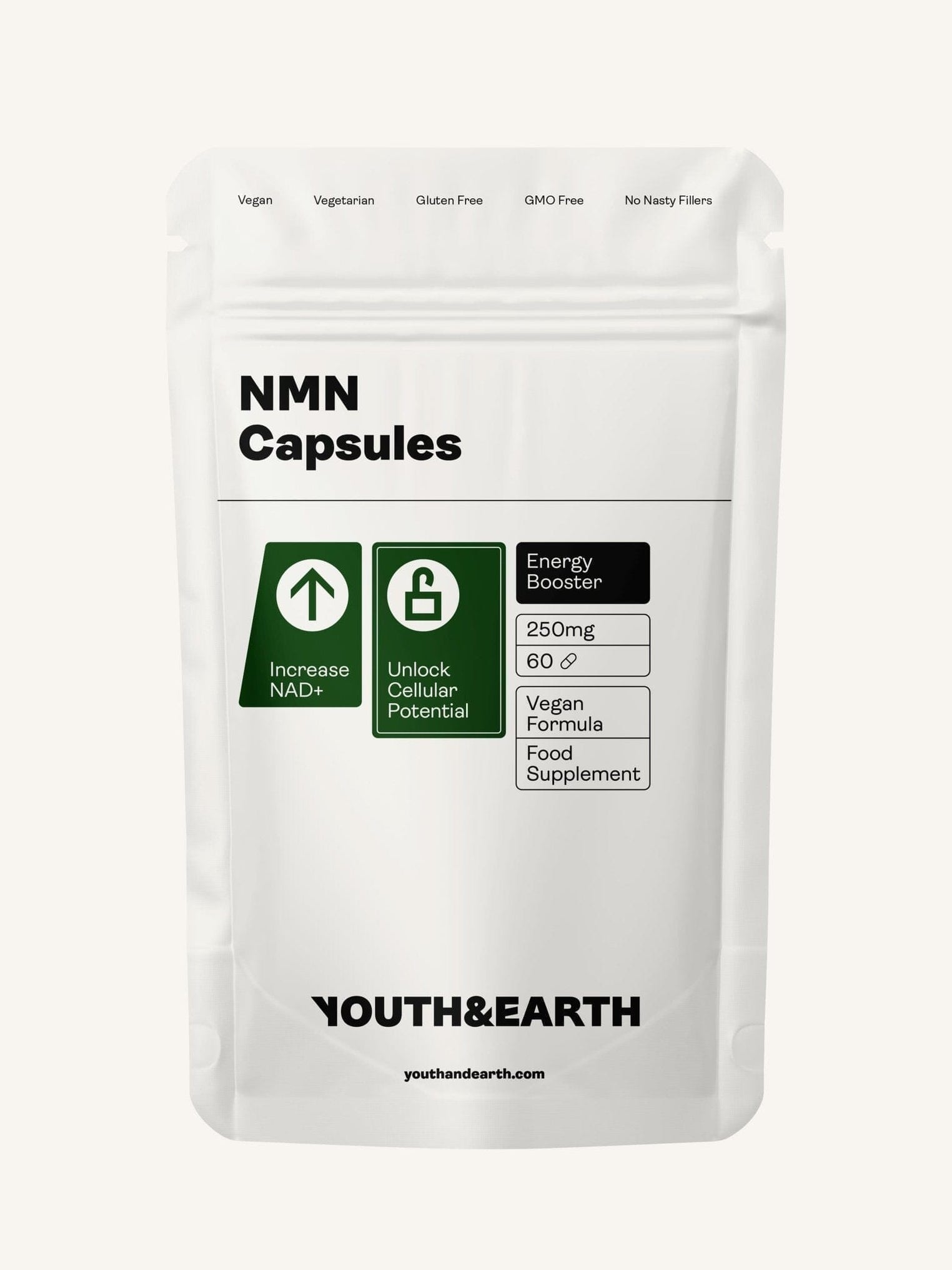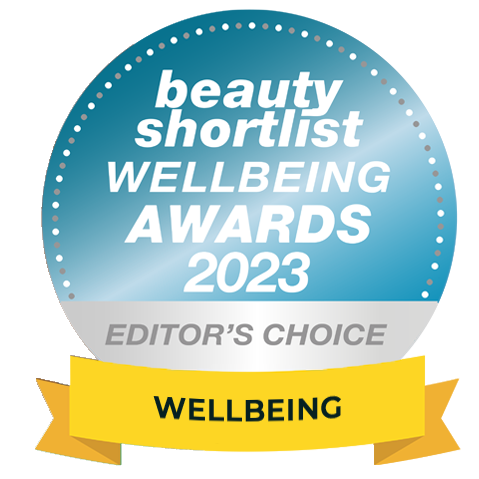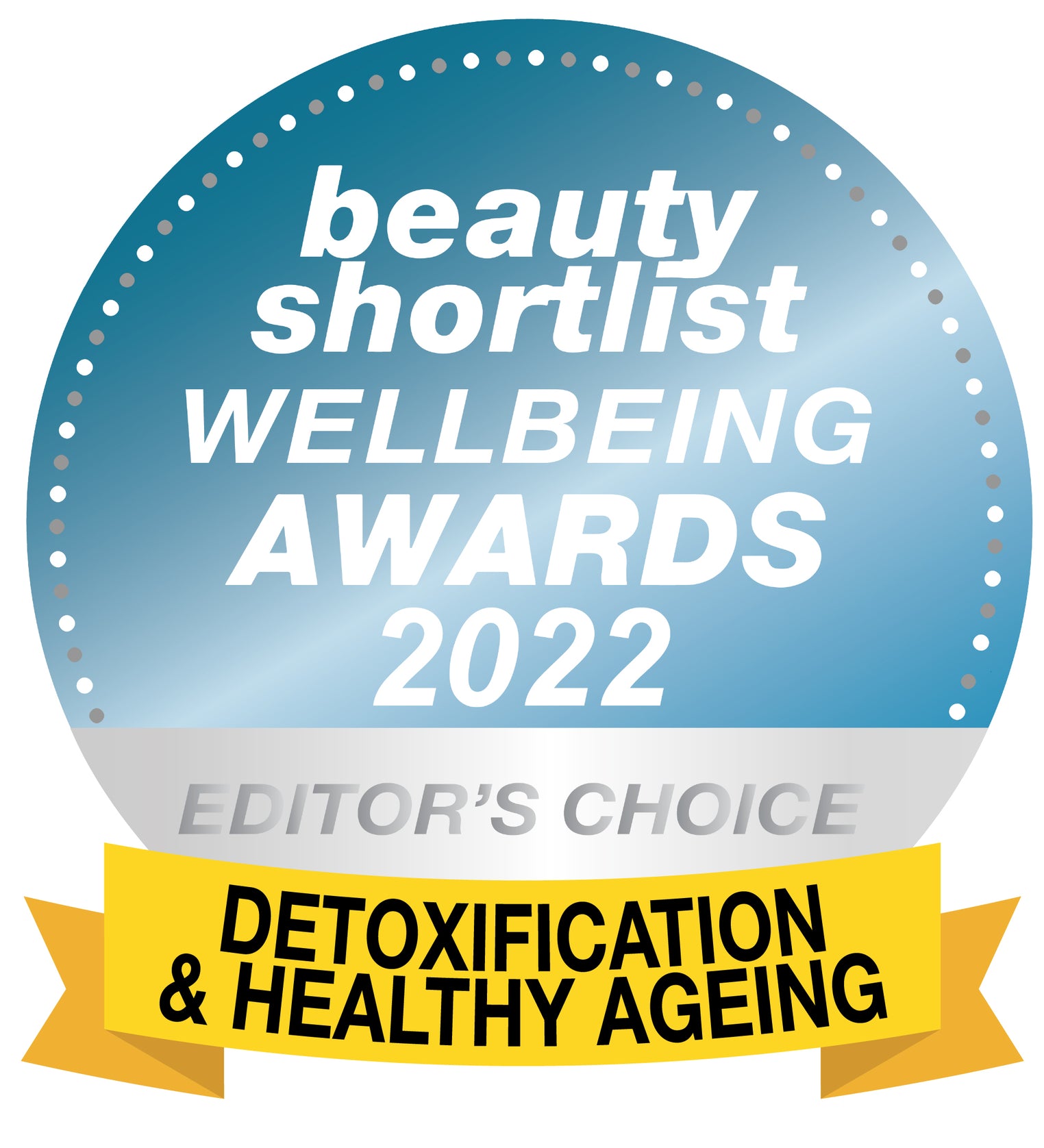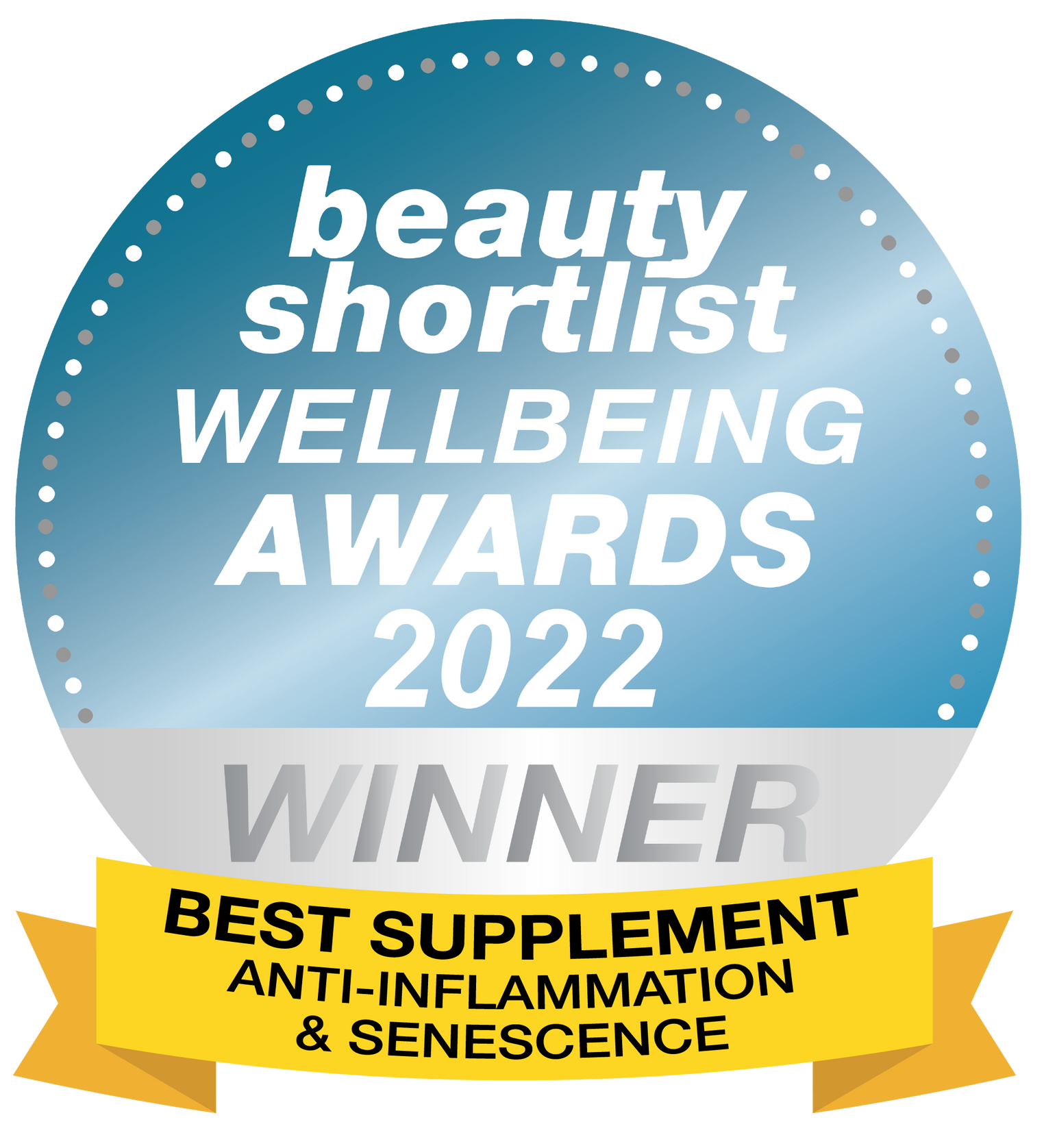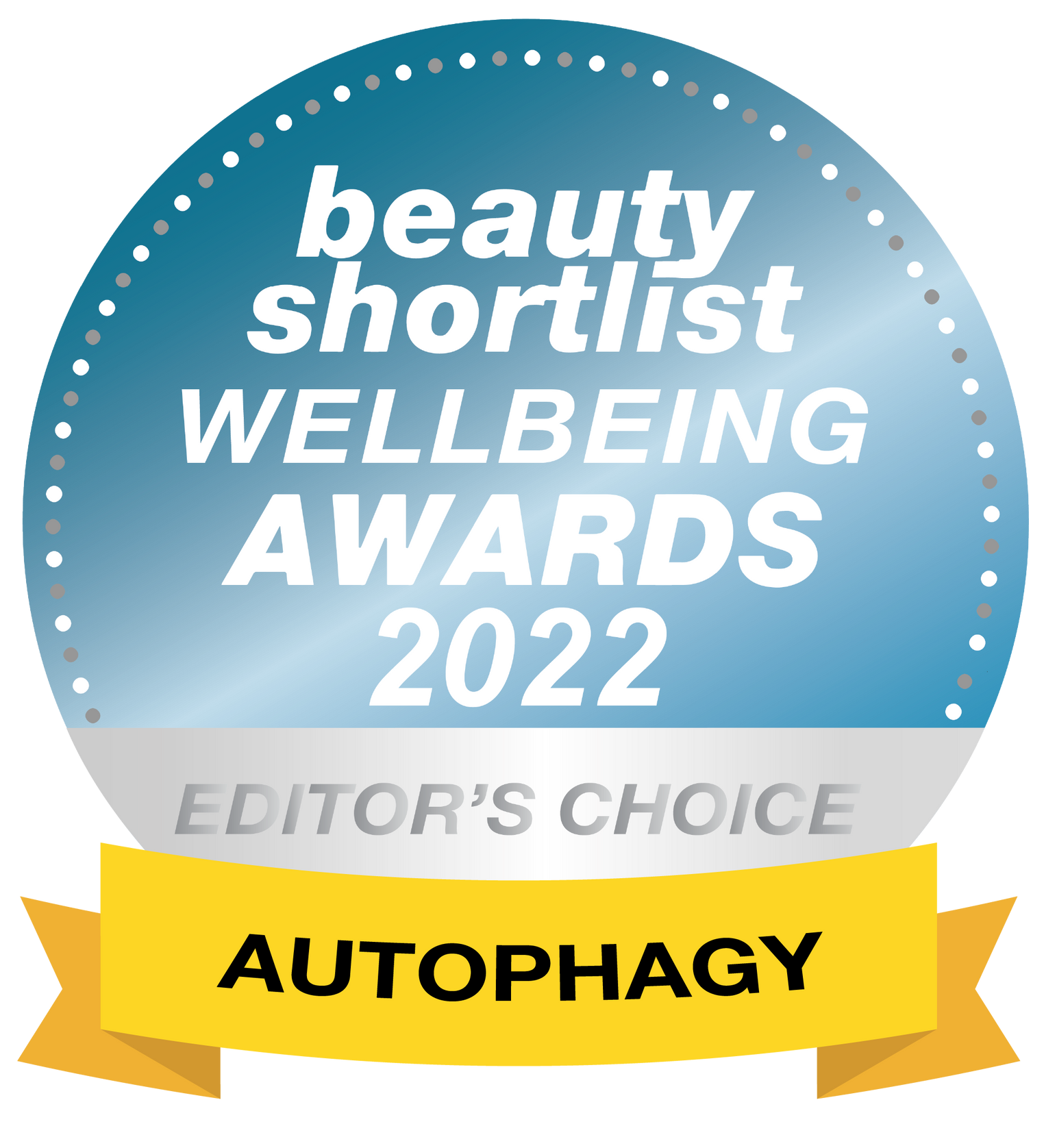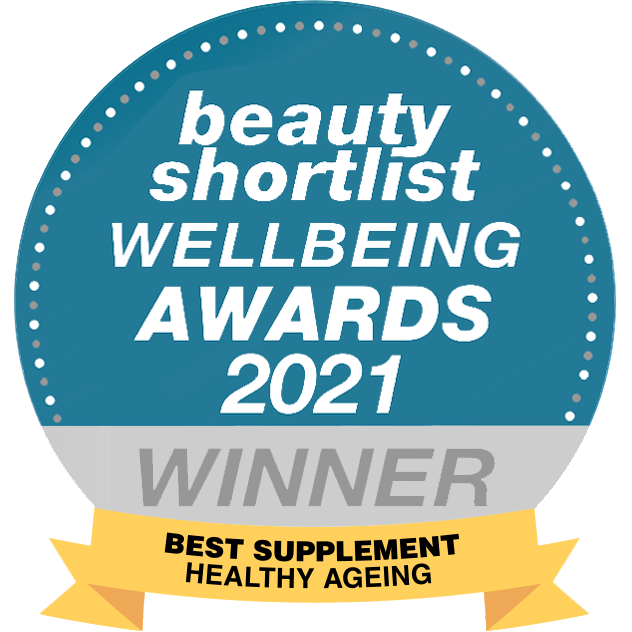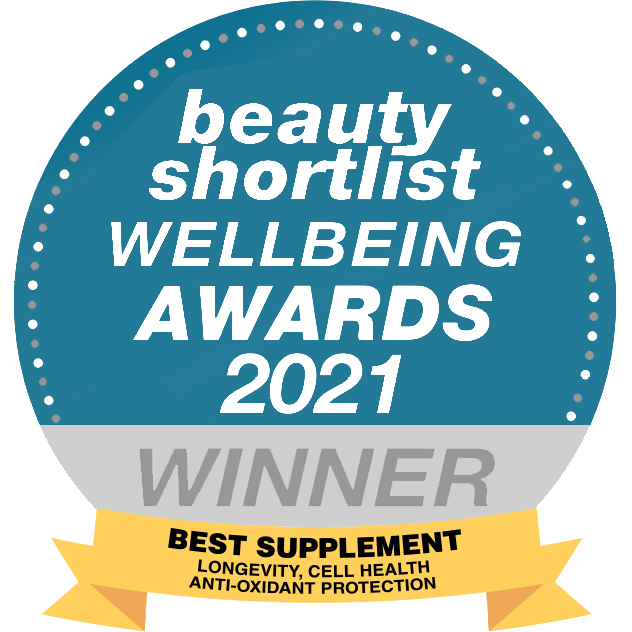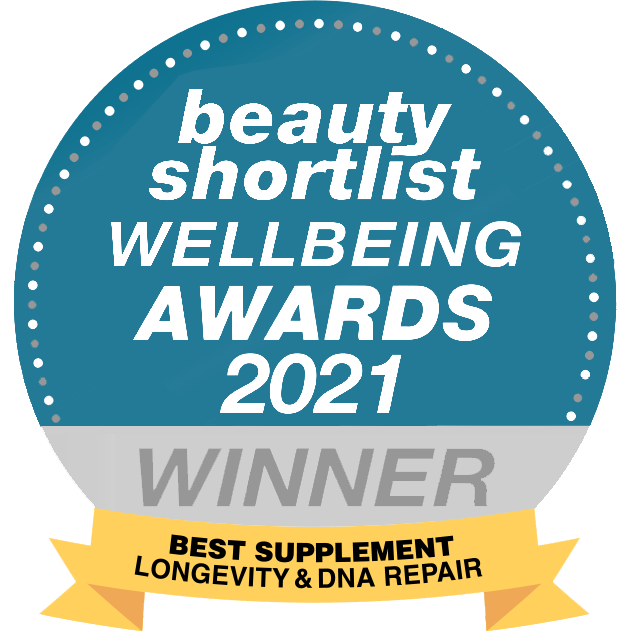Did you know that some natural supplements that slow the signs of aging might also help children and adults who have autism? Glutathione, omega-3 fatty acids, L-carnitine, and vitamin D3 all show potential in helping manage some of the symptoms associated with this condition.
WHAT IS AUTISM SPECTRUM DISORDER (ASD)?
Autism Spectrum Disorder (ASD) or Autism is a general term for a group of complex neurodevelopmental conditions that affect behavior, communication, and social skills. This difference in development often affects how children and adults understand and relate to others.
Autism is a spectrum disorder because people can experience a wide range in the type and severity of symptoms. It occurs across all ethnic, racial, and economic groups. According to the Centers for Disease Control and Prevention (CDC), autism is more common in boys with a male-female ratio of 4-1.
Although autism can be diagnosed at any age, it is generally considered a developmental disorder as symptoms usually surface before children reach the age of 3.
In 2020, the CDC reported that approximately 1 in 54 children in the U.S experience autism. And, in the UK, according to the National Autistic Society, there are over 700,000 adults and children who experience autism. As a matter of fact, a new report on the prevalence of autism in schools indicated a sharp increase over a 9 year period.
WHAT ARE THE CAUSES AUTISM?
The cause of autism is a mystery. Researchers think that it develops from a combination of genetic and environmental influences. A recent study, with over 2 million participants from 5 countries, found that genetics contributed to 80% of ASD cases, with only 20% attributed to environmental causes. There was also no indication that it was caused by maternal factors during pregnancy.
It’s important to know that autism is not an illness or a disease. Someone who has autism just views and experiences the world differently. As far as we know, autism can’t be “cured.” But, as with all people, with the right help and support, those who have autism can live happy and productive lives.
What Are Signs of Autism?
The signs and symptoms of autism can vary tremendously from person to person. Some may be diagnosed early in their childhood, while others may only realize that they struggle with autism when they are adults. Because the symptoms can vary, it’s very important to get a professional diagnosis so that the person can get the help and support that they may need.
According to the NIH and NHS, people who have autism may:
-
Have difficulty communicating and interacting with people.
-
Find it challenging to understand emotions and empathize with others.
-
Have repetitive behaviors or thoughts.
-
They might talk about the same topic, all the time, and struggle to engage in dialogue.
-
Like their routine and feel extremely anxious with new places, unfamiliar faces, and situations.
-
Find bright lights and sounds overwhelming. Some may feel that the sound is turned up way too high for them or they might struggle to differentiate sounds, making everything one big loud noise.
-
Have intellectual difficulties and take longer to understand concepts. Other’s have extremely high IQ and do well in some subjects, but struggle to grasp others.
-
Specific hobbies or subjects that they absolutely love. Some might be fascinated with insects and others might collect toy trains.
-
Have unusual behavior such as avoiding eye contact, hand flapping, toe walking, or other ticks. Sometimes, they are not aware of their behavior, and other times they may find “normal” behavior and social norms as strange.
Because autism is a spectrum condition, it affects people in different ways. Like all of us, adults and children who experience autism have their own strengths, weaknesses, and gifts. As Dr. Stephen Shore says, “If you’ve met one person with autism - you’ve met one person with autism.” Every person who has autism is unique in how they experience the world.
“The most interesting people you'll find are the ones that don't fit into your average cardboard box. They'll make what they need, they'll make their own boxes.”
— Dr. Temple Grandin
Many famous highly-gifted people are now thought to have been on the spectrum. These include Michelangelo, Leonardo da Vinci, Vincent van Gogh, Albert Einstein, Carl Jung, Sir Isaac Newton, and Hans Christian Anderson… and the list goes on right up to modern-day sports stars and celebrities. As Hans Asperger said, “It seems that for success in science or art, a dash of autism is essential.”
What Are The Various Autism Disorders?
Although once thought to be different conditions entirely, the following now all fall under the range of Autism Spectrum Disorder.
Asperger’s Syndrome
Asperger’s Syndrome is a form of autism. Children with Asperger’s do not seem to have a problem with language and tend to score average and above average on intelligence tests. They may have an extremely high IQ but have challenges with emotional intelligence.
As with all autism disorders, the symptoms can vary but people who have Asperger’s may find it difficult to express themselves socially or emotionally. They might have difficulty understanding gestures, tone of voice, and body language. They might not know how to engage in conversation and might have difficulty understanding jokes or sarcasm - they tend to be very literal.
People that have Asperger’s might struggle to form friendships even though they want social interaction. They might not understand social cues or “rules” and stand too close to someone or start up a conversation that’s inappropriate. Other characteristics might be a love of routines, or special interests such as collecting items or a hobby.
Autistic Disorder
Is most likely the condition that comes to mind when "autism" is used and refers to difficulty with social interactions, communication, and play in children under 3 years old.
Childhood Disintegrative Disorder
Also known as Heller’s syndrome, this rare condition is a regressive form of autism. A child who experiences CDD will experience a regression in multiple areas of development including language, play skills, motor skills, cognitive skills, and even bladder/bowel control.
Pervasive Development Disorder - Not Otherwise Specified (atypical autism or PDD)
Before 2013, PDD-NOS was considered a subtype of autism but after 2013, it’s now considered to fall on the spectrum. It’s the diagnosis given to children who are on the spectrum but who do not meet the criteria for another ASD such as Asperger’s.
What Supplements Helps with Autism?
It is important to remember that as the name suggests autism is a spectrum and a treatment that is highly effective for one child, may not work for another. However early treatments have shown to play a big role in the development of children with autism.
Before starting any supplement regime, it’s very important that you obtain guidance from your healthcare practitioner to make sure that you have the correct supplements and dosage. Every person who has autism is unique and will therefore have different requirements.
Here are a few of the natural supplements that have been shown to help ease some of the discomfort associated with ASD. Interestingly, they also help slow aging and prevent many of the chronic conditions associated with age.
Glutathione
Glutathione is a powerful antioxidant and is known as the “master detoxifier” of the body. It helps protect our cells from oxidative stress and also removes heavy metals from the body.
Research has shown that children with autism often have low levels of glutathione. This led to a study in which 33 children were randomized into two groups. By the end of the study, children in the group who had consumed N-acetyl cysteine (a precursor to glutathione) had an 80% reduction in their irritability scores.
Furthermore, research has shown that autism is associated with above-average levels of inflammation in the brain and gastrointestinal tract. Glutathione has shown to be a possible autism treatment as it is a safe and powerful anti-inflammatory, but more importantly, controls levels of oxidative stress which cause the inflammation in the first place.
When supplementing with glutathione it is particularly important to remember that liposomal glutathione provides the body with the highest levels of absorption directly into the bloodstream.
Youth & Earth has pharmaceutical-grade liposomal glutathione in capsule and liquid form.
To find out more about glutathione, read What is Glutathione and Why Is It Anti-Aging?
L-Carnitine
L-Carnitine is an amino acid that’s produced by our bodies. It helps turn fat into energy, improves cardiac function, and has been shown to help brain function and cognitive ability.
A study was conducted to test L-Carnitine as a potential treatment for the improvement of behavioral symptoms in patients diagnosed with autism. Thirty children diagnosed with autism were randomly supplemented with either placebo or liquid L-Carnitine for 6 months. The study went on to show that the group who received the L-Carnitine supplementation (100mg/kg of body weight daily) significantly improved the severity of autism. Also, the treatment was well tolerated and the researchers recommended using L-Carnitine as part of an autism treatment regime.
Unfortunately, the bioavailability of L-Carnitine in traditional supplement form is very low. Much of the amino acid is destroyed in the digestive system. As a matter of fact, athletes who use the amino acid for sports performance usually have it injected. However, thanks to technology, you can now get L-Carnitine in liposomal form. Liposomal supplements have enhanced bioavailability because it protects the supplement from the digestive system. Youth & Earth has pharmaceutical-grade liposomal L-Carnitine available in passion fruit flavor.
To find out more about L-Carnitine, read How to Use L-Carnitine to Boost Performance and Slow Aging
Does Omega-3 Help with Autism?
A deficiency in omega-3 fatty acids (more commonly known as fish oil) may be linked to those who struggle with autism. Omega-3 fatty acids are found in fish oil and some plants such as hemp and flaxseed. It is a powerful anti-inflammatory and is a well-known supplement to help with all kinds of conditions from preventing heart disease, to Alzheimer’s to ease the symptoms of arthritis.
Various studies have found that supplementing with omega-3’s may help with the hyperactivity, stereotypy, and lethargy that some people with autism experience. There doesn’t appear to be any harm in supplementing with omega-3’s and many health practitioners recommend it as part of an autism regime.
Krill Oil a source of omega-3 fatty acids - without the fishy aftertaste
One of the many challenges that parents face with children who have autism is that they are very particular about what they like and dislike to eat. The problem with traditional fish oil is that there are unpleasant side effects such as the taste of fish and burping. This can make some children (and adults!) feel nauseous. Krill oil is a good source of omega-3 fatty acids and is dissolved easily in the stomach acid thanks to phospholipids. As a result, most people experience fewer after-effects.
Krill oil also contains choline and astaxanthin. Choline is an essential nutrient that plays a role in many critical cellular processes and astaxanthin is a powerful natural antioxidant. Both of these molecules may also help address any nutrient deficiencies in autism sufferers.
To find out more about Youth & Earth’s Superba Krill Oil, read What is Krill Oil and Why Is It Good for You?
We recommend that you contact your health practitioner to find out the correct recommended daily dose for children and adults who have autism before starting any supplement regime.
Is Vitamin D Good for Autism?
Vitamin D, the sunshine vitamin, shows potential to help with autism. Several studies seem to indicate that supplementing with this vitamin may be beneficial.
A recent study revealed that children with autism appear to have a much higher vitamin D deficiency than healthy children. Supplementing infants with vitamin D may prove to be a safe effective method in preventing the risk of autism. In two open-label trials, vitamin D improved the core symptoms of autism in roughly 75% of children with autistic disorders.
Getting out into the sunshine can also help improve vitamin D levels. To find out more about the sunshine vitamin, read Why Vitamin D3 (Cholecalciferol) Can Increase Longevity.
Do Probiotics Help Autism?
Children who have autism often experience discomfort in their gut. Common problems include constipation, bloating, stomach cramps, and diarrhea. This implies that there is a role that gut bacteria and the gut microbiome play in the condition and probiotics may therefore help.
In a systematic review of the literature, researchers found that several studies indicated that autistic individuals have altered gut microbiota. And, in a few cases, studies found that remodeling the gut using antibiotics and transferring good “bacteria” helped alleviate the symptoms of ASD. This review and many other studies indicate that using probiotics to help the microbiome may well help alleviate some of the symptoms and discomfort that autistic people experience.
Taking a good quality probiotic can be beneficial for one’s health. Always check with your healthcare practitioner or pharmacist to make sure that you are taking a broad-spectrum good quality product.
Digestive enzymes and autism
Individuals with autism often struggle with the digestion of carbohydrates, proteins, and fats. Supplementing with a broad-spectrum digestive enzyme may help in this digestion process, making these foods easier to absorb. Always be sure to follow the guidelines as recommended by the product or your healthcare practitioner.
In Conclusion
When supplementing for autism, it is important to remember that treatment results will vary for each individual and it will take time to find what program is best suited for your loved one. None of the above-mentioned supplements will “cure” autism, but they may well help navigate and overcome some of the challenges that your loved ones might face.
If you are a grandparent who is new to the world of autism, this article by the Autism Awareness Centre Inc is a great place to start: 10 Ways to Make a Difference for Your Autistic Grandchild
“Forget about the things they can't do and focus on what they can. Every one is much more than a diagnosis written on paper.”
— Anonymous
The content of this article is for informational purposes only. It’s not intended to be a substitute for professional medical advice, diagnosis, or treatment. Always seek the advice of your physician or health provider before starting a new health regime or program. Do not ignore medical advice or delay seeking it because of something you’ve read on this site or any Youth & Earth product.
















